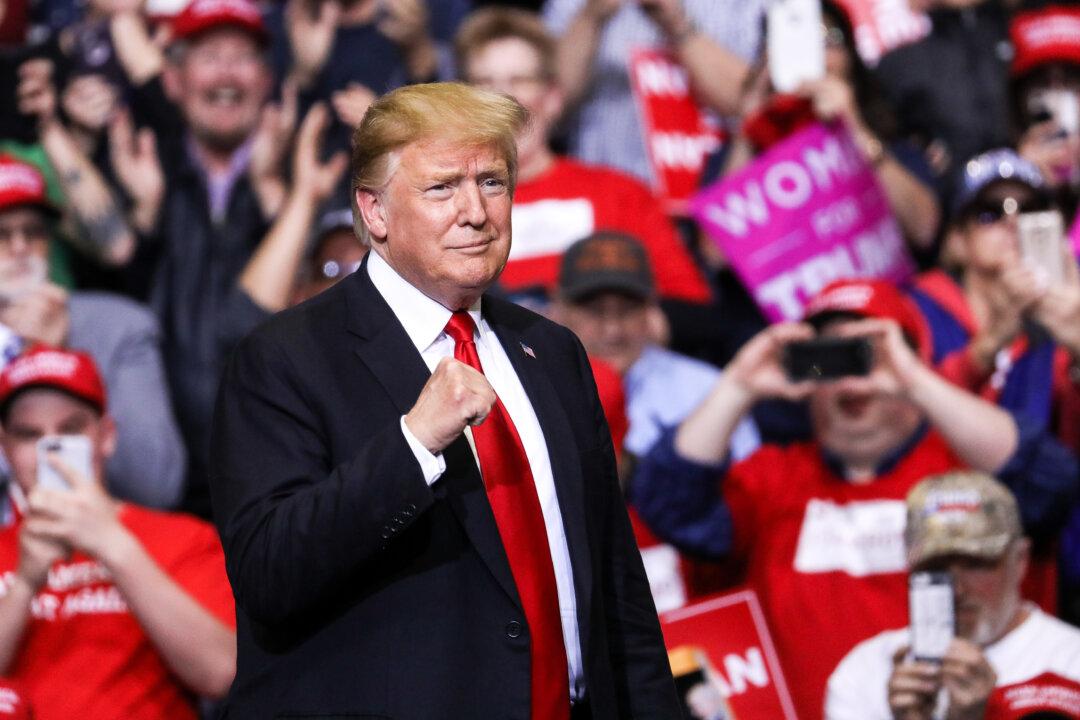The Trump administration has set up a website where people can file a report if they believe their social media accounts have been banned, suspended, or otherwise affected because of political bias.
“The Trump Administration is fighting for free speech online,” the White House said in a May 15 tweet. “No matter your views, if you suspect political bias has caused you to be censored or silenced online, we want to hear about it!”





